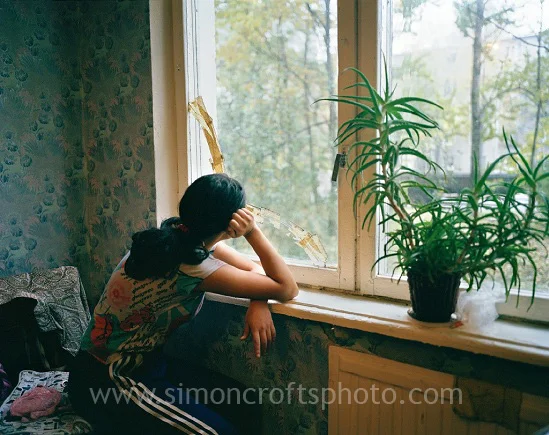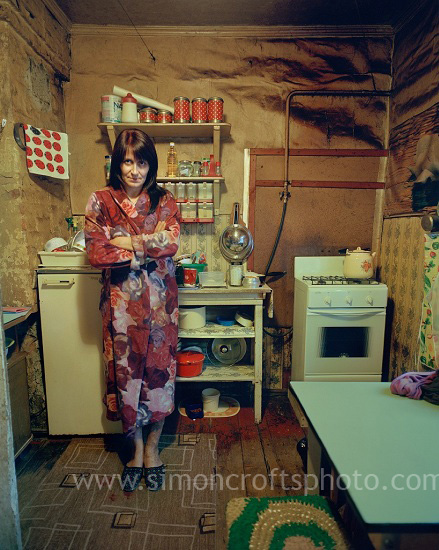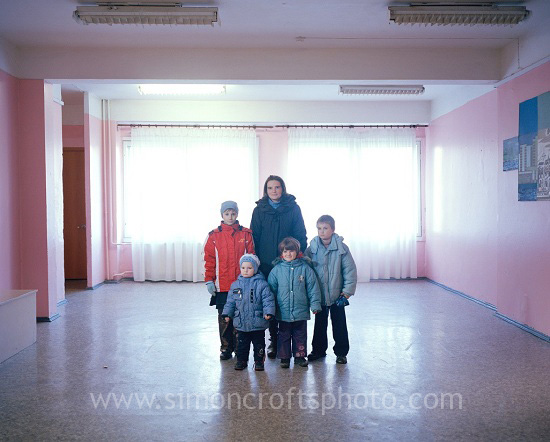A bomb went off on the Minsk metro the day before yesterday. Politics in Belarus can best be described as murky. The country has not historically had much luck. A third of the population died in WWII, Minsk, like everywhere else in the area, was flattened, then Chernobyl rendered much of its agricultural land unusable. The architects who rebuilt Minsk after the total destruction of the war must have asked themselves "what does Belarus have plenty of?" and the answer was clearly: space.
The scale of Minsk's buildings is simply mind-boggling. These buildings may seem a bit rabbit hutch-like to outsiders, but the people who live in these buildings, at least on the fourth or fifth floor upwards, have the most extraordinary views.
The result? Minsk is a city of people in flats in spectacularly huge but slightly grim buildings with breathtaking views of spectacularly huge but slightly grim buildings full of other people with spectacular views. Everyone must spend a lot of time staring back and forth at each other across the void.





















